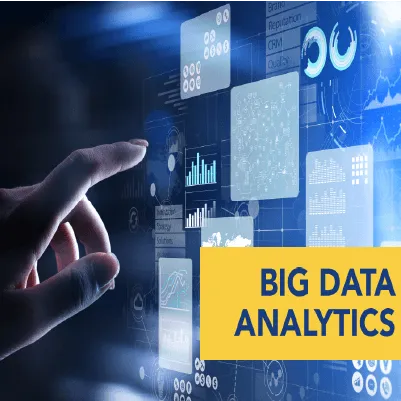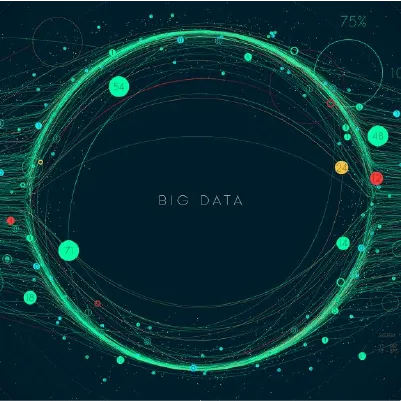A modern data platform is a combination of software, hardware and infrastructure that provides the foundation for delivering analytics capabilities to users. It includes the software applications that deliver analytic capabilities, the hardware infrastructure that supports these applications, and the networking infrastructure that connects all of these components together.
Modern analytical data platforms offer much more than classical data warehouses can handle; transaction support, scalable metadata handling, streaming and batch unification and schema enforcement.




Hydroquo+ state-of-the-art data platforms can meet a broader range of analytical requirements and workloads, such as real-time analytics, SQL, data science and more. Storage is decoupled from computing, allowing better scalability, and open storage formats enable easy access to data via interfaces (APIs). Security, access control, data governance and data discovery are all viable functions, too.


The cloud provides the environment for these data platforms, offering performance, scalability and reliability as well as a diverse set of analytic engines and massive economies of scale. The cloud also brings better security
Traditional data warehouse architectures were designed for transaction processing and reporting, but they are not optimized for analytical workloads. Modern analytical data platforms offer much more than classical data warehouses can handle; transaction support, scalable metadata handling, streaming and batch unification and schema enforcement.
